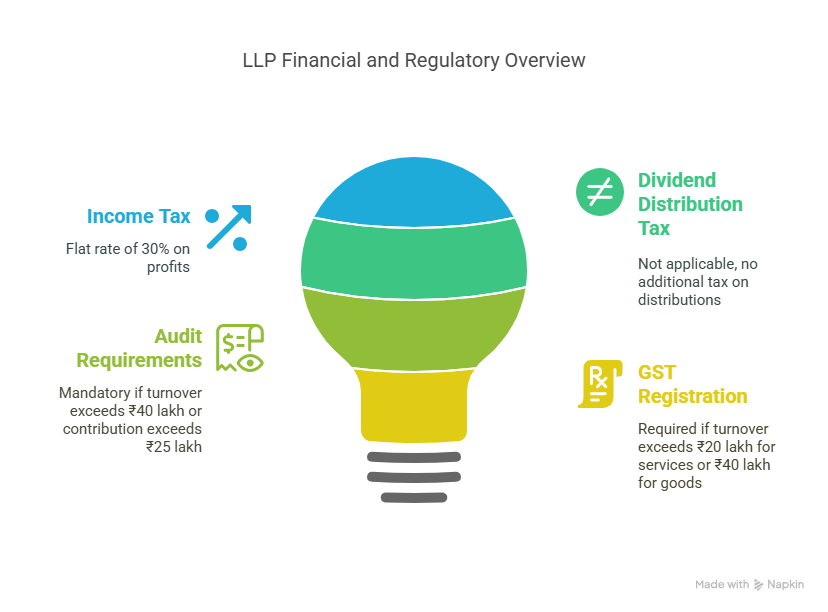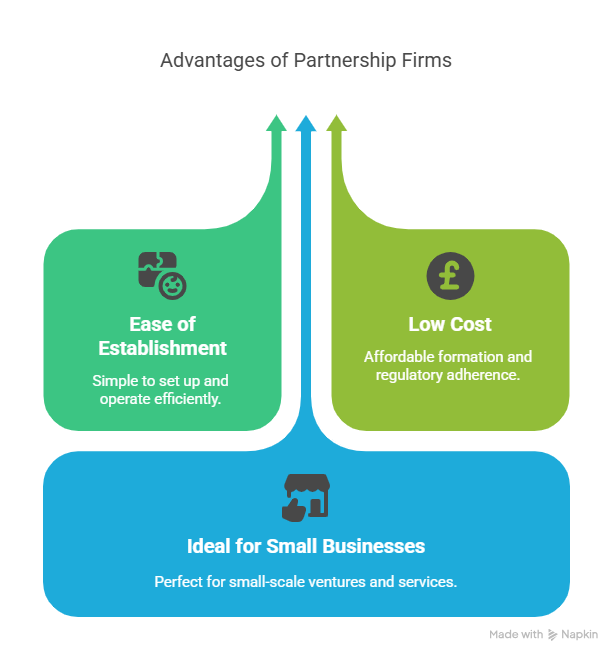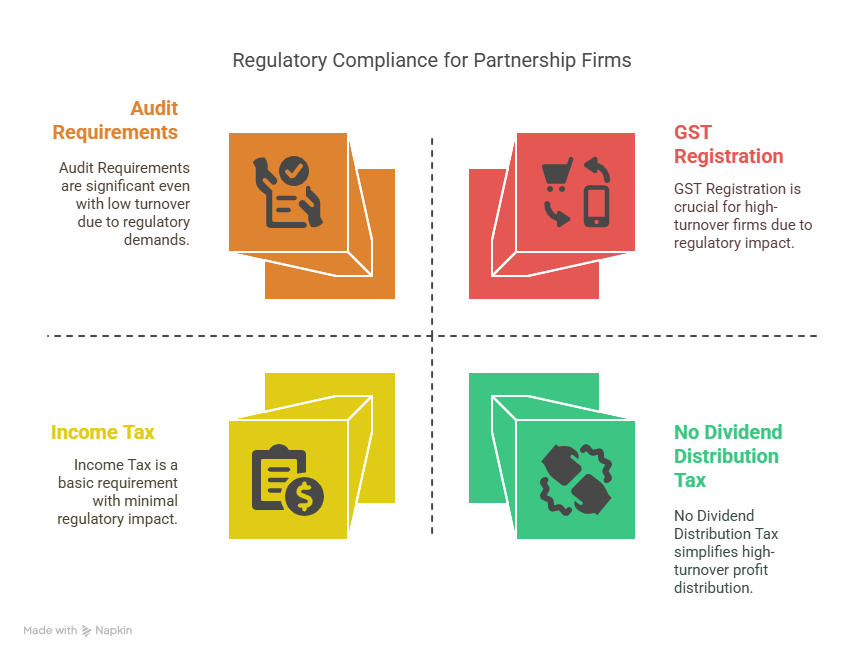When starting a business in India, choosing the right legal structure is crucial for both operational flexibility and tax efficiency. Two popular options for small and medium-sized businesses are Limited Liability Partnerships (LLPs) and Partnership Firms. Both structures offer unique benefits and have specific tax implications. This guide will help you understand the key features, registration process, and tax considerations for LLPs and Partnership Firms.





